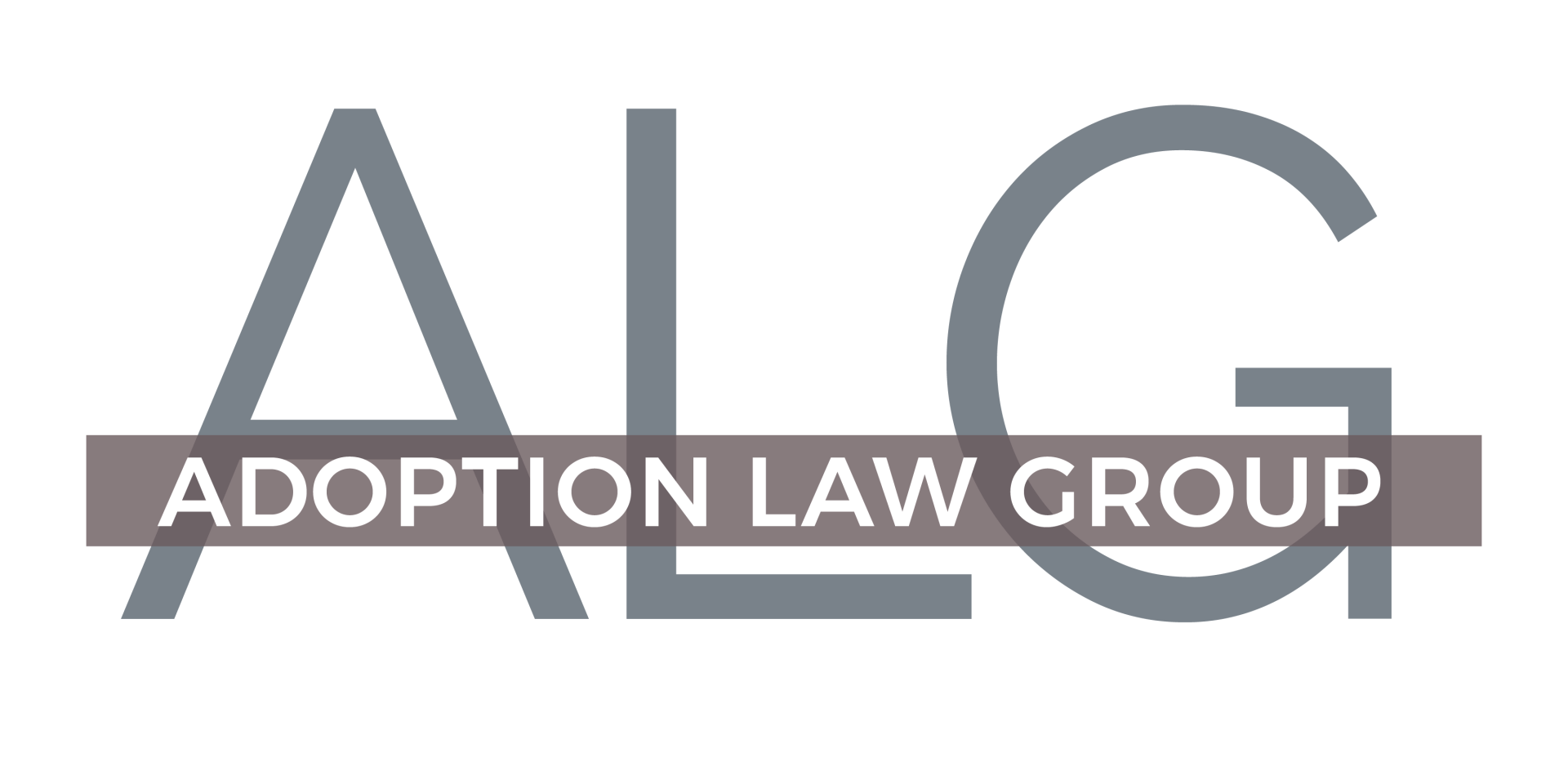
What Are the Legal Differences Between a Guardianship and an Adoption in CA?
While we often picture adoptions as the unification of parents with a child they had not previously known (such as through an international adoption), the fact of the matter is that many adoptions occur where an adult or married couple seeks to care for a child that may already be in their life, whether as a family member, child of a friend, or through some other social or charitable network. In such cases, a probate guardianship is often the legal solution that the adults initially obtain to legally take care of the child, and a guardianship can eventually lead to an adoption. Below we discuss a few of the primary differences between a probate guardianship and an adoption in California.
Guardians Do Not Have Primary Financial Responsibility for the Child
When you adopt a child, you are considered financially responsible for that child, therefore you must provide for their needs, and, should you become divorced from the other parent at some point, you may be required to pay child support. In a guardianship, the parent remains financially responsible for the child.
That said, many parents of those children placed in a guardianship lack the financial resources or dependency to make such provisions, and thus it can often fall to the guardian to make financial provisions for the child through carrying out the duties of caring for the child. A number of financial resources, however, may be available to the guardian and/or the child, including foster care benefits, Kin-Gap, Cal-Works, Social Security, Department of Veterans Affairs, and Medi-Cal benefits.
Guardians Will Be Supervised by the California Courts
Once an adoption is finalized, the adoptive parents and child will, like other families, not be subject to ongoing supervision by the courts. But with a guardianship, a California court will continue to oversee the guardian-child relationship to make sure the child’s needs are being met via the guardianship. This includes a yearly status report made by the guardian to the court, as well as meeting with court investigators and social workers as deemed necessary by the court. A court can also impose conditions or requirements on a guardian to meet a child’s needs.
Biological Parents Can Seek to Reassert their Parental Rights by Terminating a Guardianship
In an adoption, the birth parent’s rights to parent the child are terminated and will remain so. In a guardianship, however, the biological parents’ rights are not terminated, and thus that parent may seek to later reestablish his or her full rights as a parent. Guardians seeking to assume full parental rights for a child, however, may seek to convert the guardianship into an adoption by claiming abandonment of the child by the biological parents (typically after at least two years of being the child’s guardian).
Biological Parents May Have Visitation and Contact Rights in Either an Adoption or a Guardianship
In an Adoption, the parties may agree to a “Post Adoption Contact Agreement,” which is a legally enforceable documents in which the parties agree to a set amount of contact between the biological parents and the child. A similar agreement can be incorporated into a guardianship. In each case, failure to abide by the agreement does not undo the adoption or the guardianship, but the aggrieved party does have a right to ask the Court to order the other party to honor their agreement.
Experienced Attorneys for Your California Guardianship or Adoption
Adoption Law Group is a law firm in Southern California dedicated exclusively to adoption. Our areas of practice include stepparent adoptions , fost-adopt finalizations, agency-assisted adoption finalizations, adult adoptions, guardianships and international readoptions. Contact us today to schedule a consultation.




